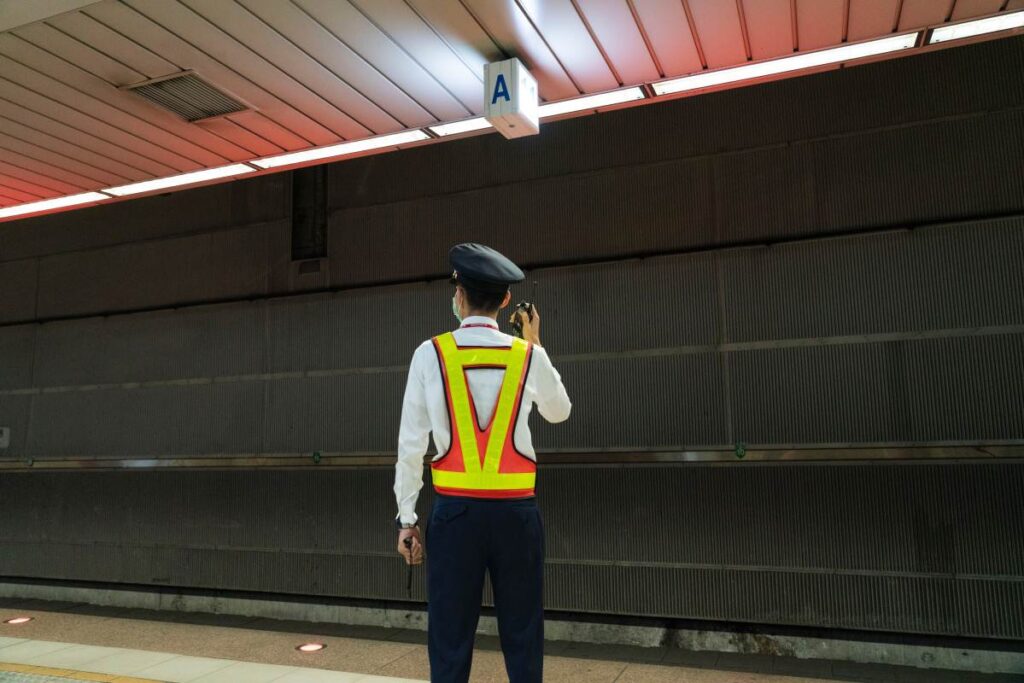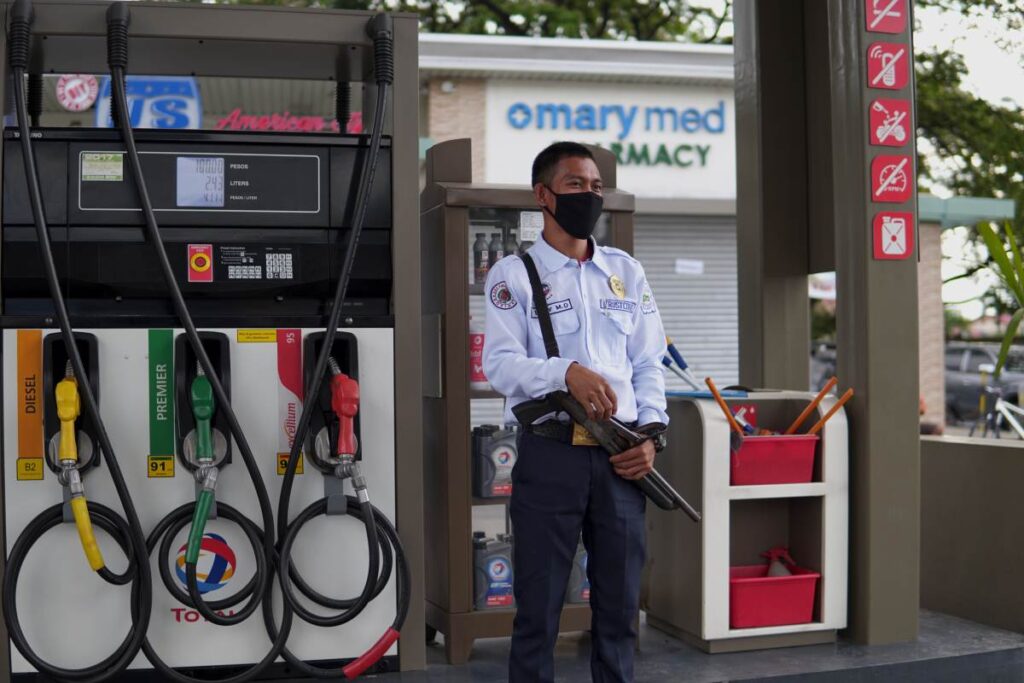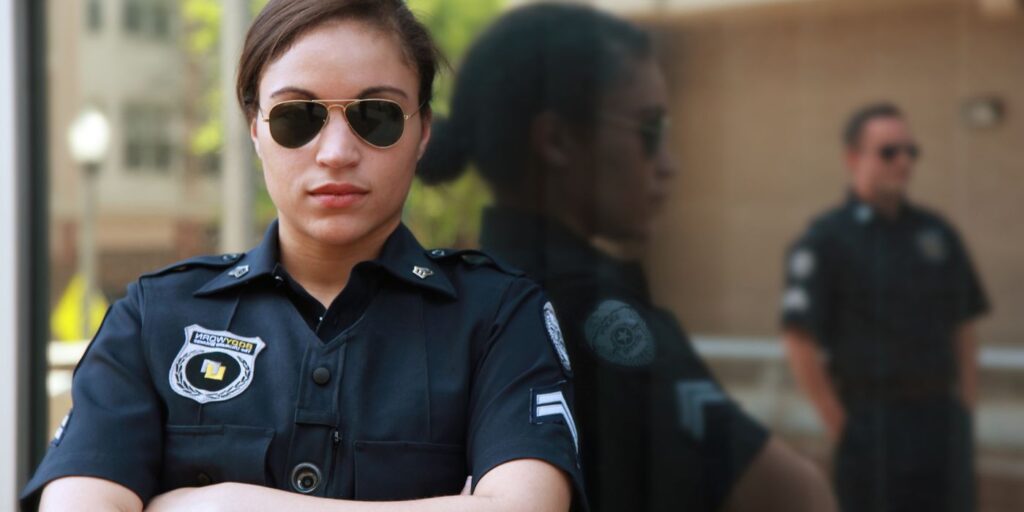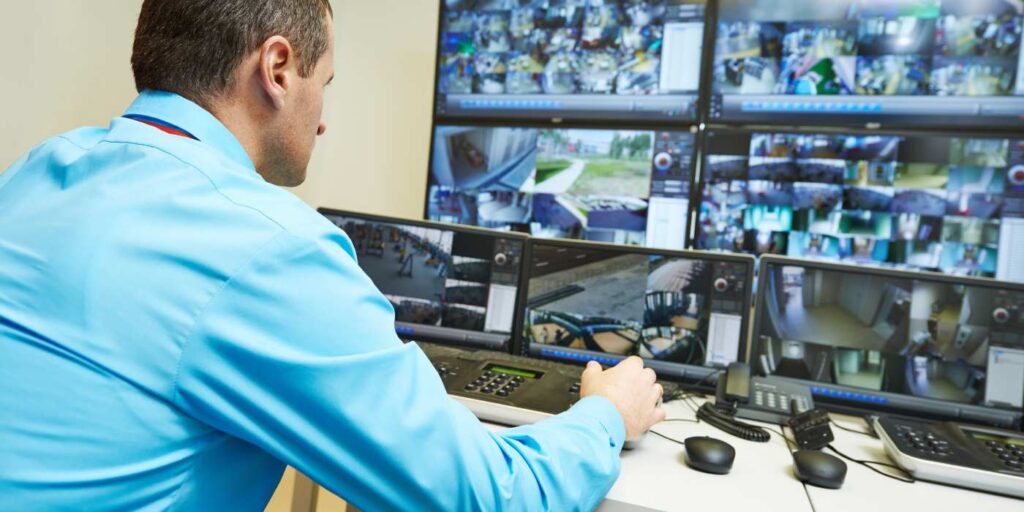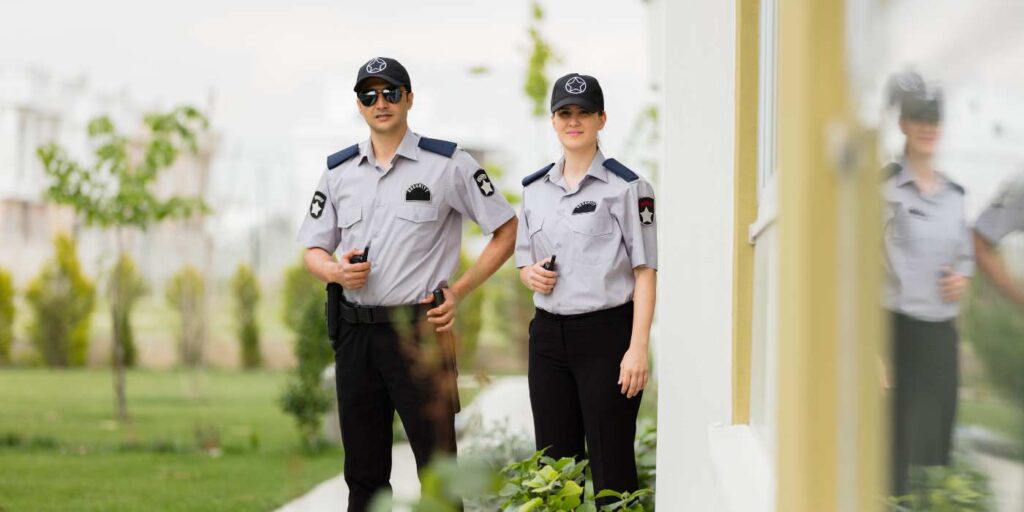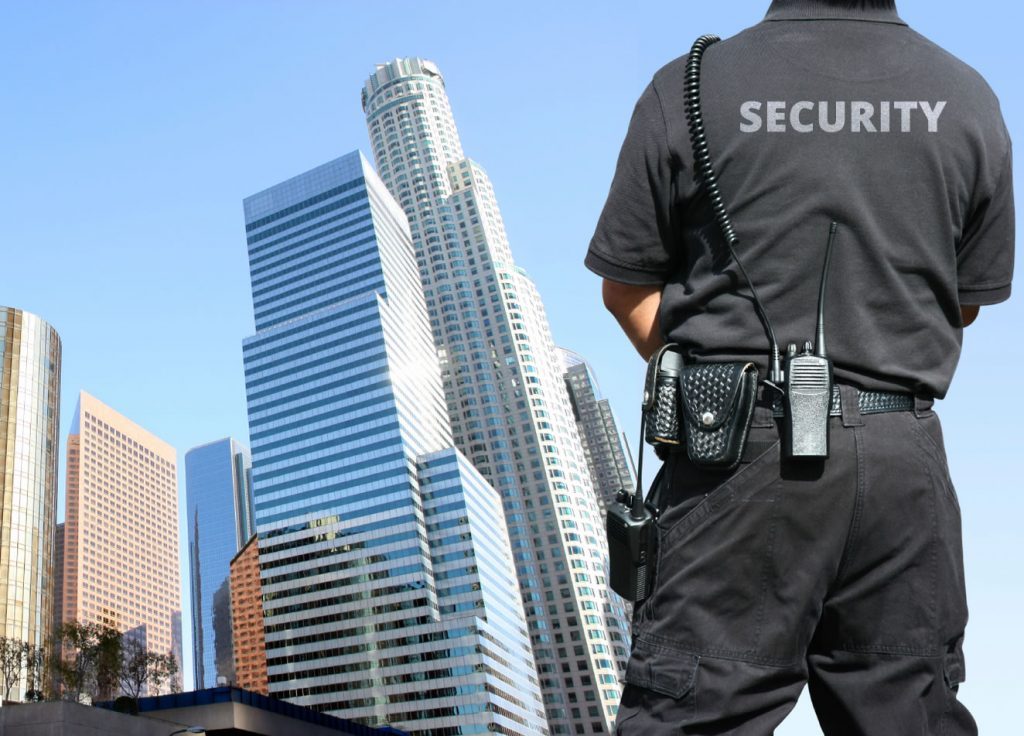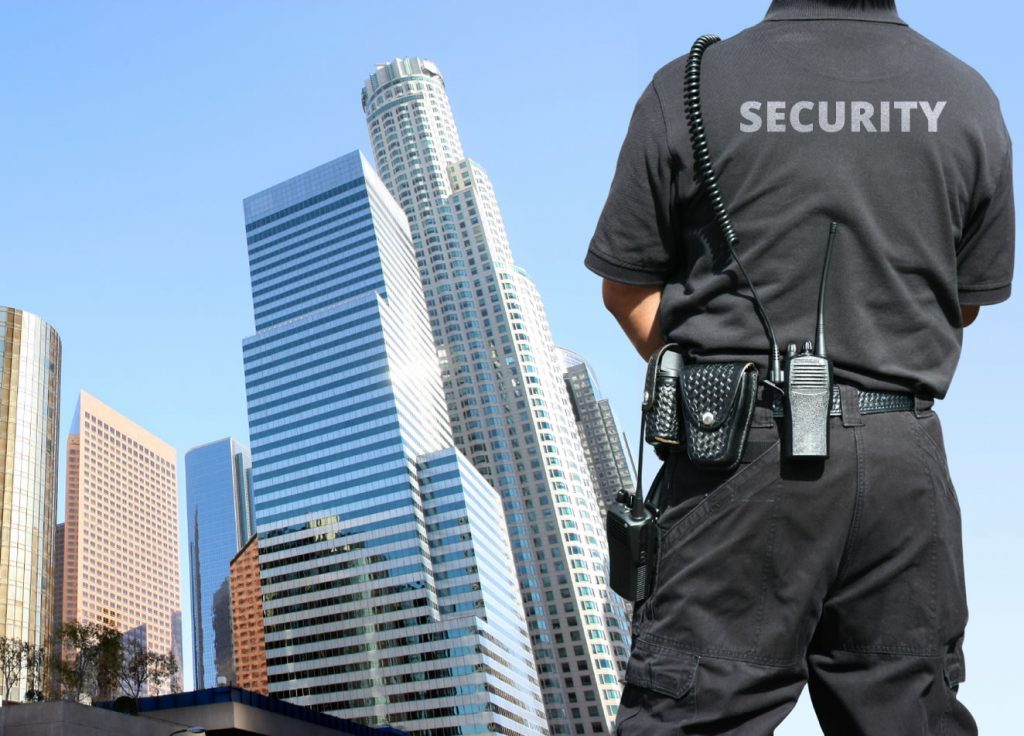Ensuring the security of Gunman
A “gunman” is a term used to describe an individual, typically male, who is armed with a gun or firearm, and who may be involved in a variety of situations. The connotation of the term can vary depending on the context:
By implementing Our security measures, you can ensure the safety of participants and the success of the event.
VIP Protection:
High-profile individuals such as celebrities, politicians, or business executives may employ armed security personnel to safeguard them from potential threats.
Event Security:
Large events, such as concerts, sporting events, or political rallies, may utilize armed security to ensure the safety of attendees.
Financial Institutions:
Banks and other financial institutions often employ armed security guards to protect assets and deter potential robberies.
Critical Infrastructure:
Facilities like power plants, data centers, and government buildings may have armed security to defend against threats to national security.
Jewelry Stores:
High-value businesses like jewelry stores may have armed security to deter theft.procedures.
Transportation:
Armored car services and some forms of public transportation may have armed security personnel to safeguard valuable cargo or ensure passenger safety.
Active Shooter:
In situations involving an active shooter, the term “gunman” is often used to describe an individual who is actively shooting at people in a public place, such as a school, workplace, or public gathering. These situations are highly dangerous and require a swift and coordinated response from law enforcement and emergency services.
Criminal Activity:
In many contexts, a gunman is associated with criminal activity, such as armed robbery, assault, or acts of violence. Criminal gunmen use firearms as weapons to commit illegal acts, often posing a serious threat to public safety.
Self-Defense:
In some cases, individuals may use the term “gunman” to describe someone who uses a firearm for self-defense or protection, such as a homeowner who confronts an intruder with a gun.
Law Enforcement: Police officers and law enforcement personnel may use the term “gunman” to refer to a suspect who is armed with a firearm during the commission of a crime. Law enforcement officers are trained to respond to armed individuals with the appropriate protocols and procedures.
Mass Shooting:
Unfortunately, the term “gunman” is often associated with mass shootings, where an individual opens fire in a public place, such as a school, workplace, or public event, resulting in multiple casualties.
Gunman security may be used in various settings, including:
- VIP Protection: High-profile individuals such as celebrities, politicians, or business executives may employ armed security personnel to safeguard them from potential threats.
- Event Security: Large events, such as concerts, sporting events, or political rallies, may utilize armed security to ensure the safety of attendees.
- Financial Institutions: Banks and other financial institutions often employ armed security guards to protect assets and deter potential robberies.
- Critical Infrastructure: Facilities like power plants, data centers, and government buildings may have armed security to defend against threats to national security.
- Jewelry Stores: High-value businesses like jewelry stores may have armed security to deter theft.
- Transportation: Armored car services and some forms of public transportation may have armed security personnel to safeguard valuable cargo or ensure passenger safety.
It’s important to note that the use of armed security personnel is subject to strict regulations and laws in many countries. Individuals and companies that employ such services typically must adhere to legal requirements and ensure that the security personnel are properly trained and licensed to carry firearms.
The goal of gunman security is to deter potential threats, respond to security incidents, and protect the lives and property of those under their care while minimizing the use of force to the extent possible.





